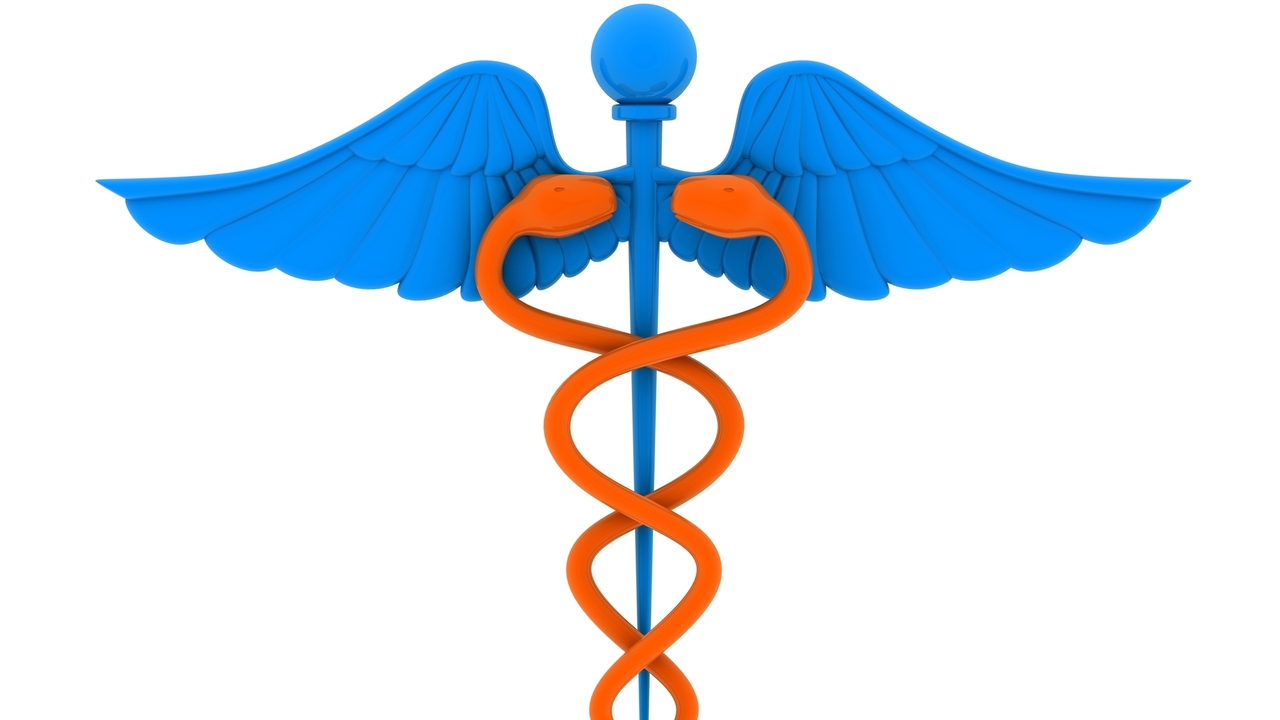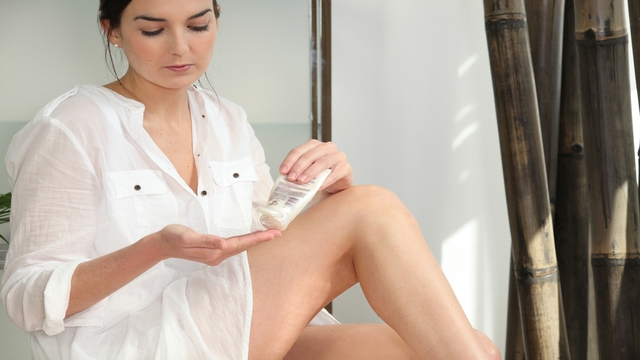Just a couple of days ago I noticed a large lump that clearly stands out on the back of my son's leg. It made me nervous because of its size in comparison to his body size -- about an inch and a half in diameter. I pressed on it a little and he said that it didn't hurt at all. Since it moved around when I touched it, I thought it might be a cyst. However, after a sonogram today, his pediatrician said it was a varicose vein and that blood had pooled there. She said that it wasn't life threatening, but that it would be good to have it surgically removed and has recommended two pediatric vascular surgeons here in Phoenix to consider.
Of course, I'm filled with questions.....how common is this? Is it hormone-related? (My son turns 15 in three weeks.) If not hormones, what causes varicose veins? Will he always have this condition? What are the problems if a varicose vein is left untreated? Are there any related conditions I should know about?
I really appreciate any insight!
All user-generated information on this site is the opinion of its author only and is not a substitute for medical advice or treatment for any medical conditions. Members and guests are responsible for their own posts and the potential consequences of those posts detailed in our Terms of Service.




Add a Comment11 Comments
Kristin,
Thanks so much for your question. It's an interesting one!
To understand varicose veins, we need to understand a little about arteries and veins. Arteries carry fresh blood full of oxygen from the heart to the rest of our bodies. Veins then carry that blood BACK to the heart after the oxygen is used.
So veins in your legs are working against gravity: They have to carry that blood uphill all the way. To help in this, there are a series of small one-way valves inside the veins that open to let the blood through and then close afterward. These valves keep the blood from going backward.
If one of those valves is weak or damaged, blood can pool there, and that causes the varicose vein, the "lump" that you noticed on your son's leg.
Here's a great diagram and explanation from the National Heart, Lung and Blood Institute:
http://www.nhlbi.nih.gov/health/dci/Diseases/vv/vv_causes.html
Here's what the Mayo Clinic says about who is most at risk for varicose veins:
■Your age. Varicose veins occur most often in people ages 30 to 70, with your risk increasing as you age. Aging causes wear and tear on the valves in your veins that help regulate blood flow. Eventually, that wear causes the valves to allow blood to flow back into your veins where it collects instead of flowing up to your heart.
■Your sex. Women are more likely to develop the condition. Hormonal changes during pregnancy, premenstruation or menopause may be a factor. Female hormones tend to relax vein walls. Taking hormone replacement therapy or birth control pills may increase your risk of varicose veins.
■Genetics. If other family members had varicose veins, there's a greater chance you will too.
■Obesity. Being overweight puts added pressure on your veins.
■Standing for long periods of time. Your blood doesn't flow as well if you're in the same position for long periods.
Clearly, your son is neither in the primary age or gender group for varicose veins. Do any other family members (grandparents, aunts, uncles) have varicose veins? The best overall estimate that I saw said that varicose veins affect about 10-15% of men and 20-25% of women. (We hear more about them in women due to the varicose veins many women experience during pregnancy, and the fact that women tend to be more cosmetically sensitive to the veins' appearance.)
Also, here is the Mayo's page on treatment:
http://www.mayoclinic.com/health/varicose-veins/DS00256/DSECTION=treatments-and-drugs
Did your doctor mention a particular form of surgery?
It's good your son isn't feeling pain. Pain in an area of varicose veins is something that always should be looked at by a doctor, as it might be an indication that a clot is forming.
Here's some more information about possible causes, this from medicinenet:
In other cases, weaknesses in the vein walls may cause the pooling of the blood. The walls of the blood vessels can become weaker and less competent than normal, causing the volume of blood in the veins to increase, leading to varicose veins.
Less commonly, varicose veins are caused by such things as:
-- phlebitis (inflammation of the veins),
-- blood clots or any obstruction to blood flow in the veins, or
-- congenital abnormalities of the veins.
Many people let their varicose veins go untreated, but it may be different in your case since your son is so young. Having it surgically removed would mean he wouldn't have to deal with it or the possible effects later in life.
Have you made appointments with either of the pediatric surgeons to discuss this? Do you know what procedure would be used?
January 7, 2010 - 10:02amThis Comment